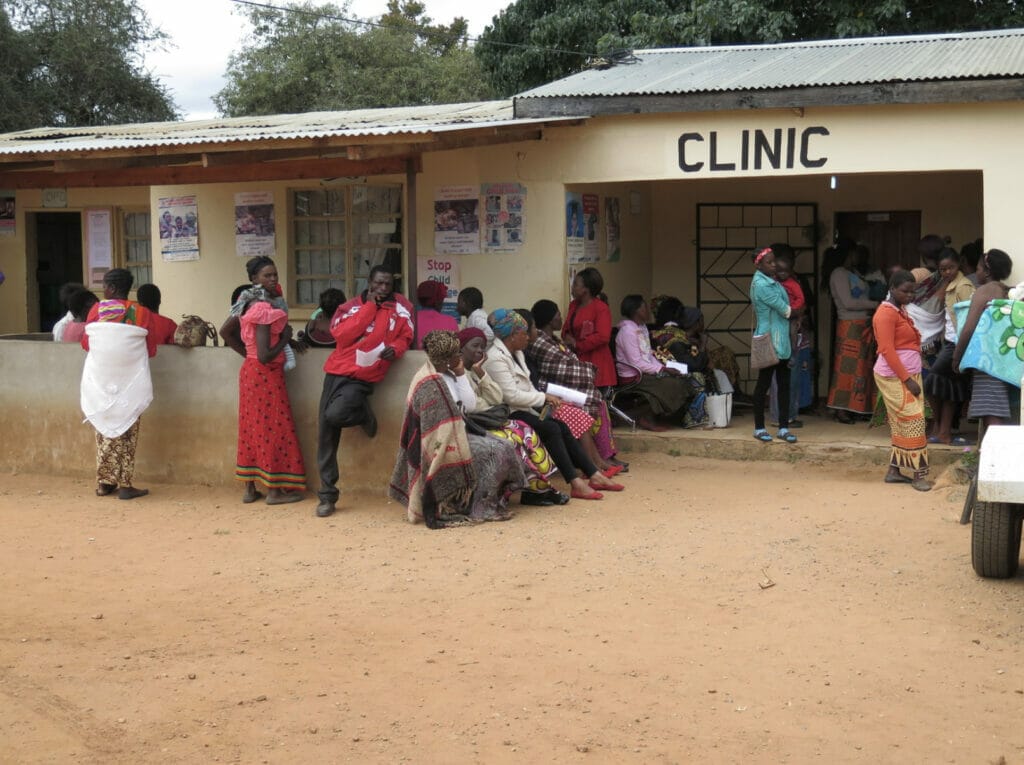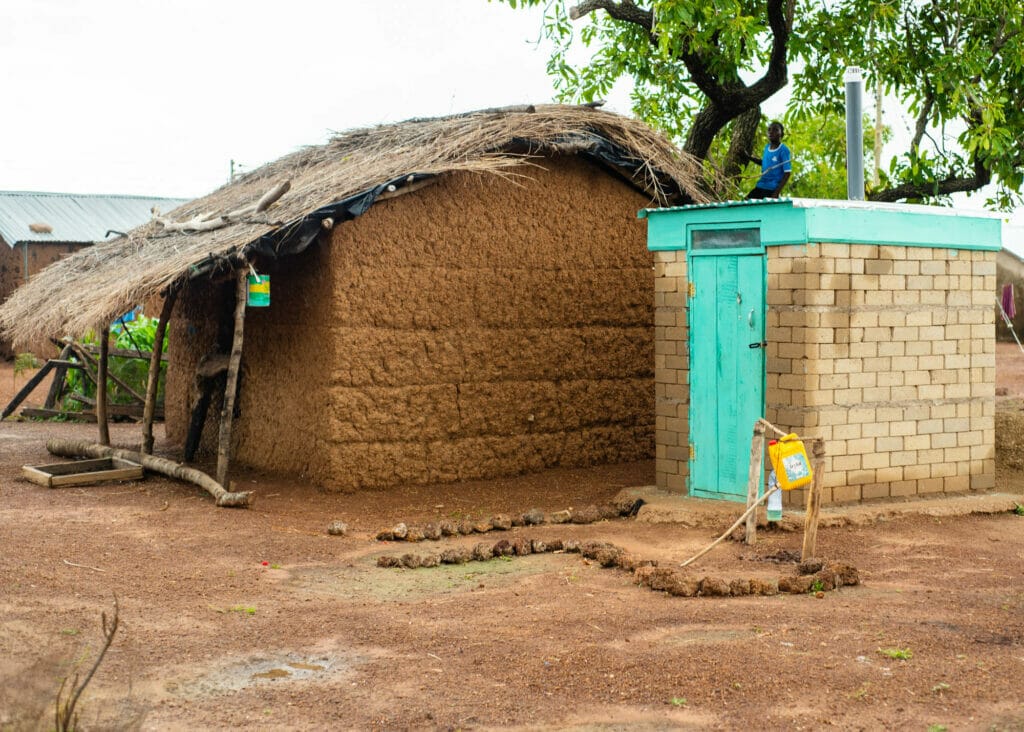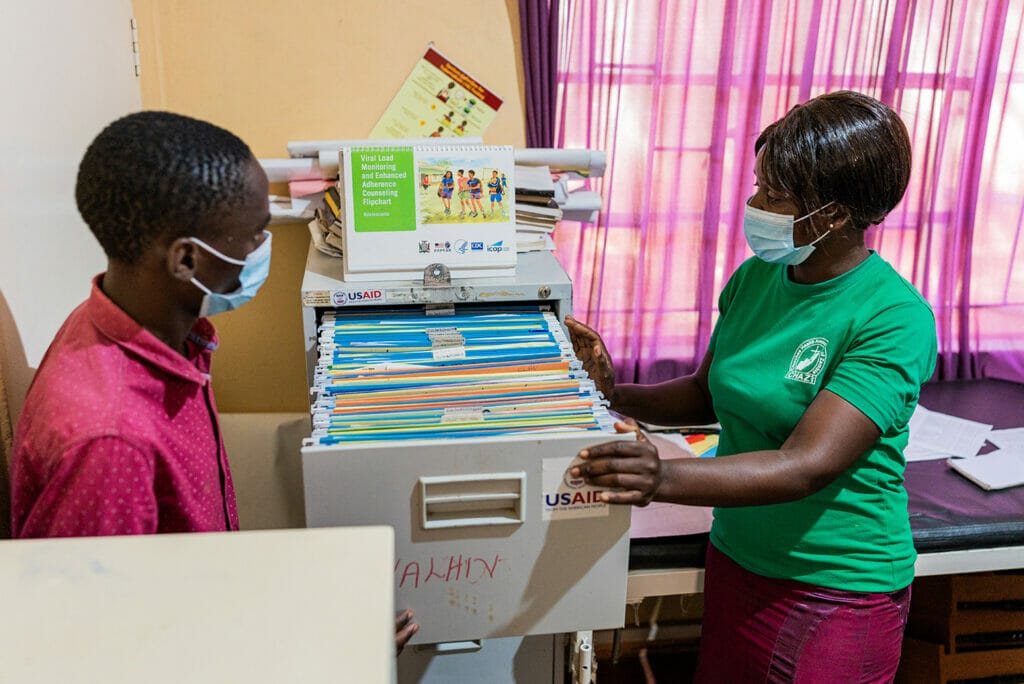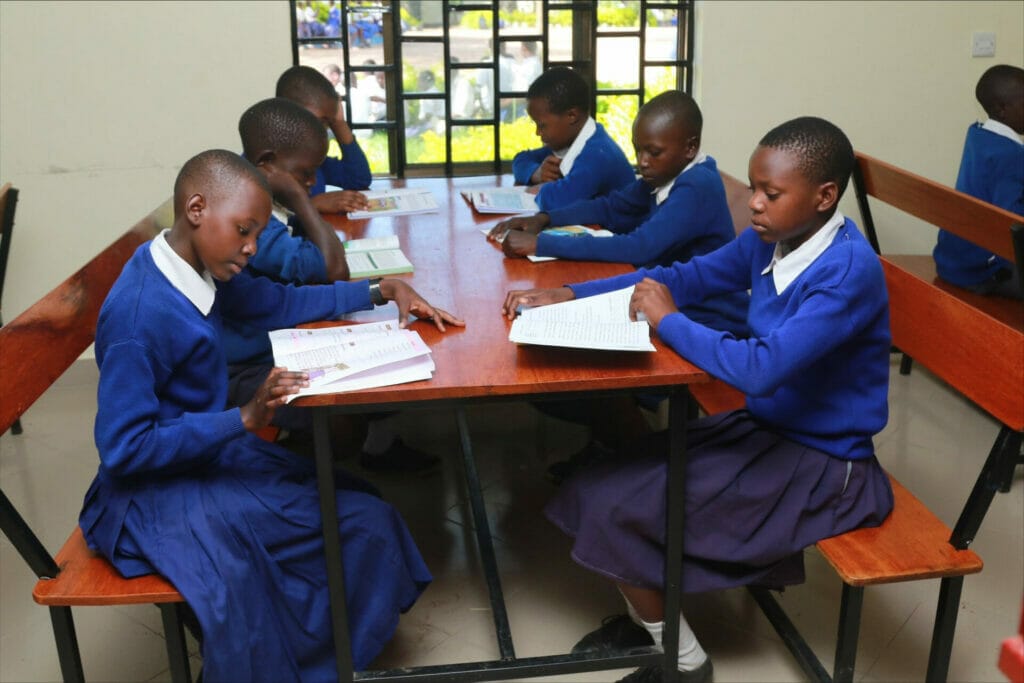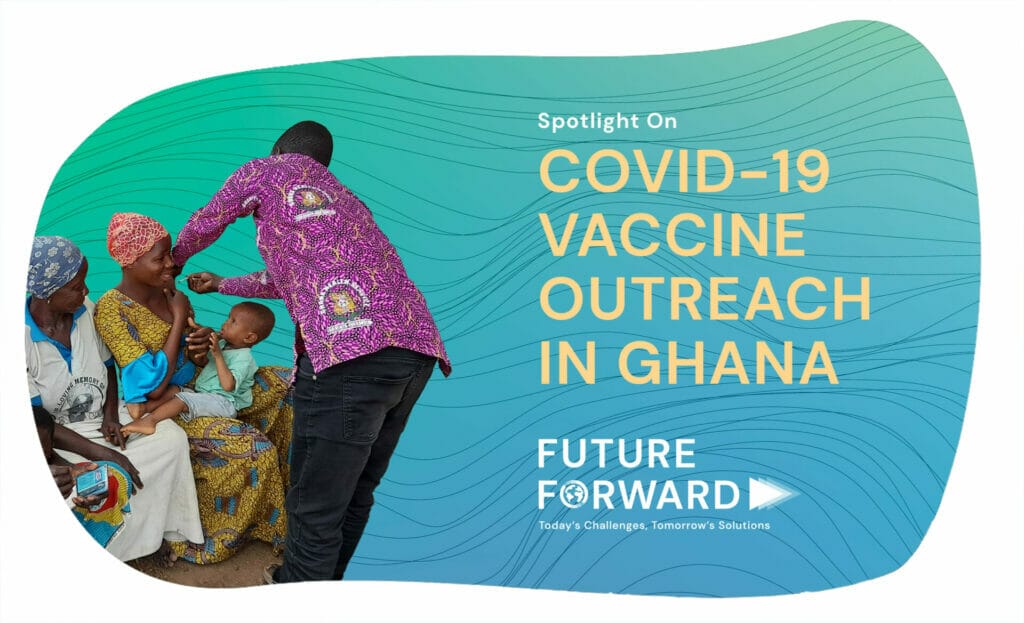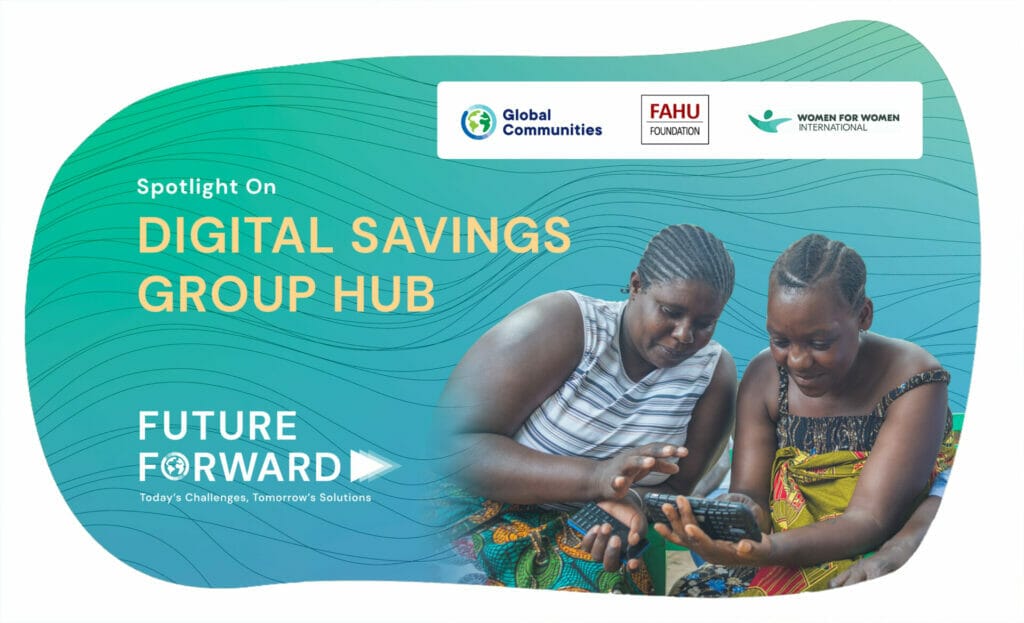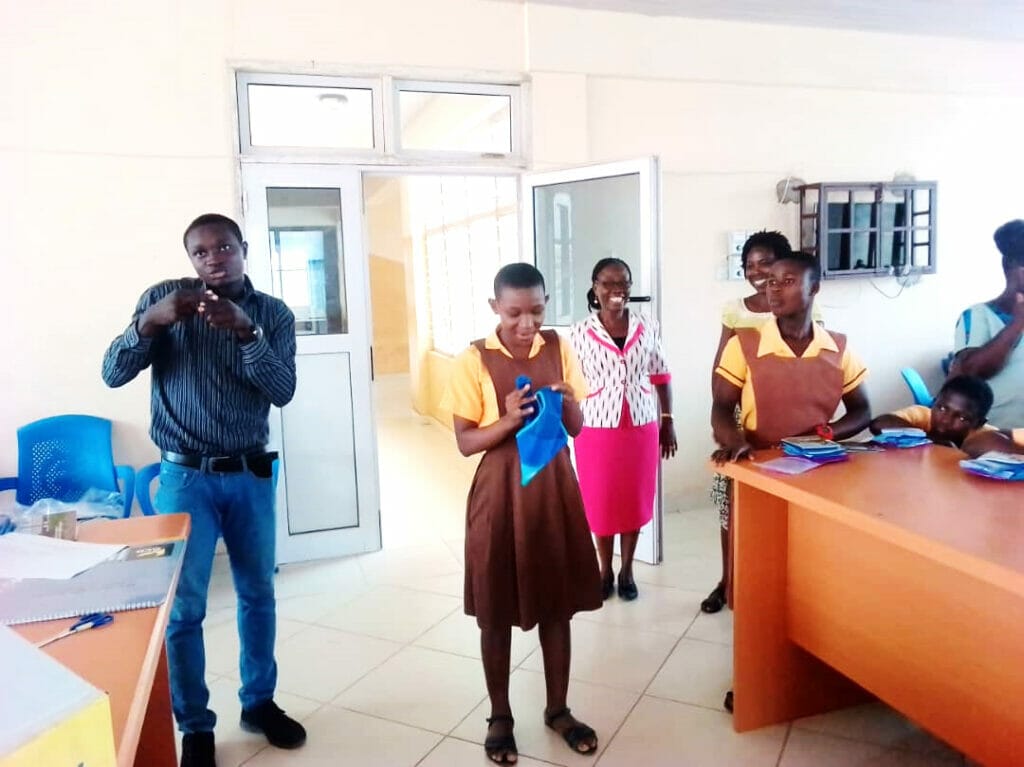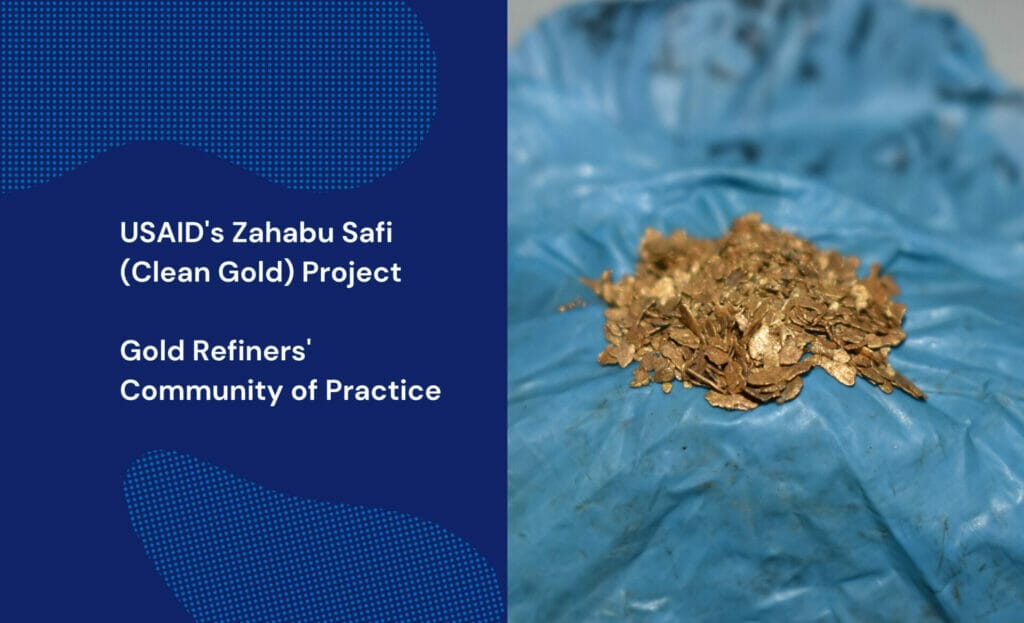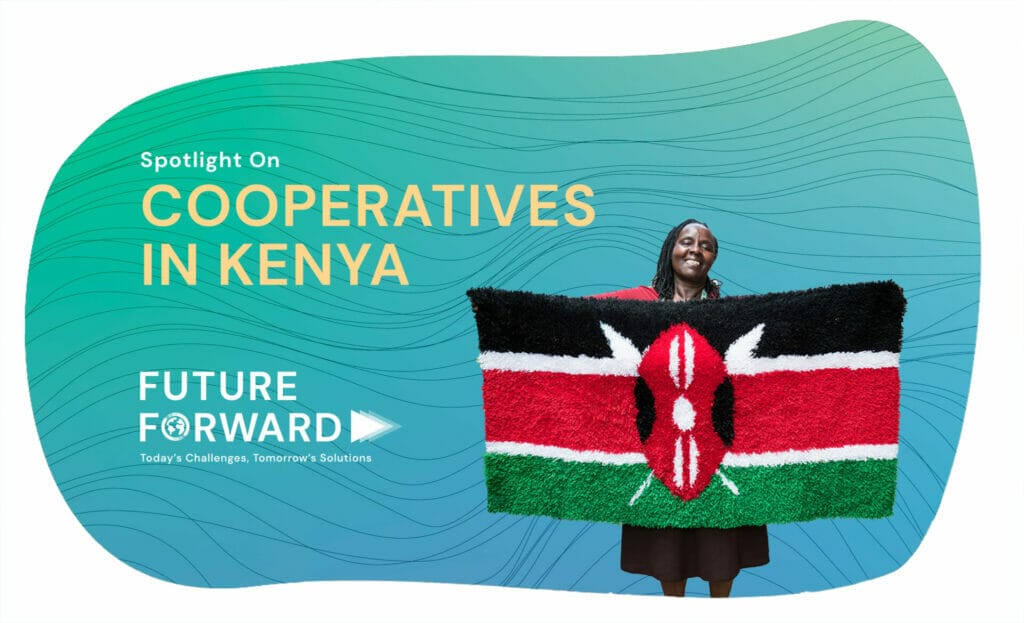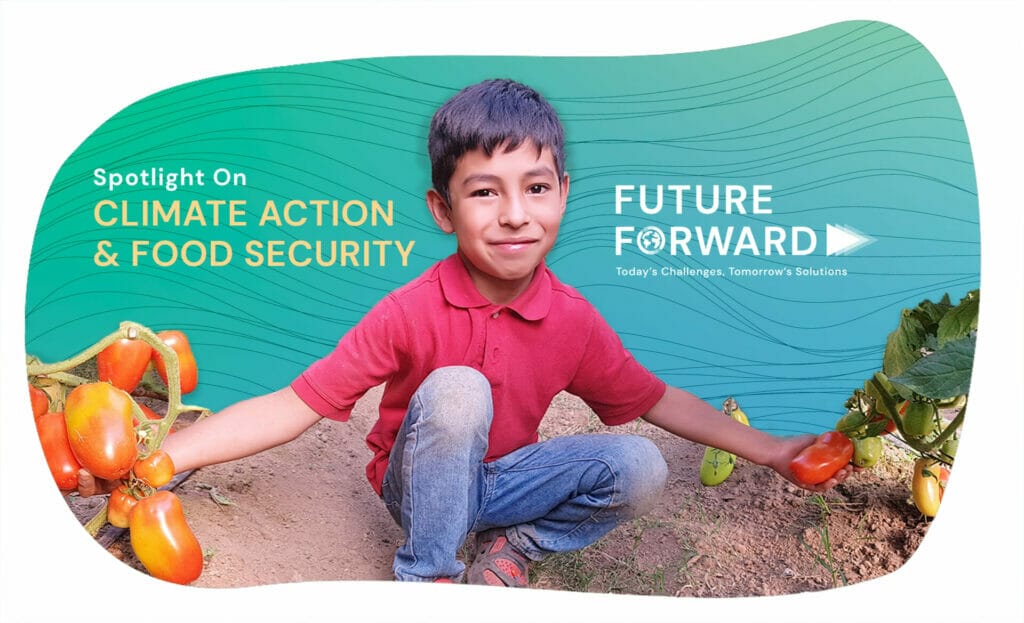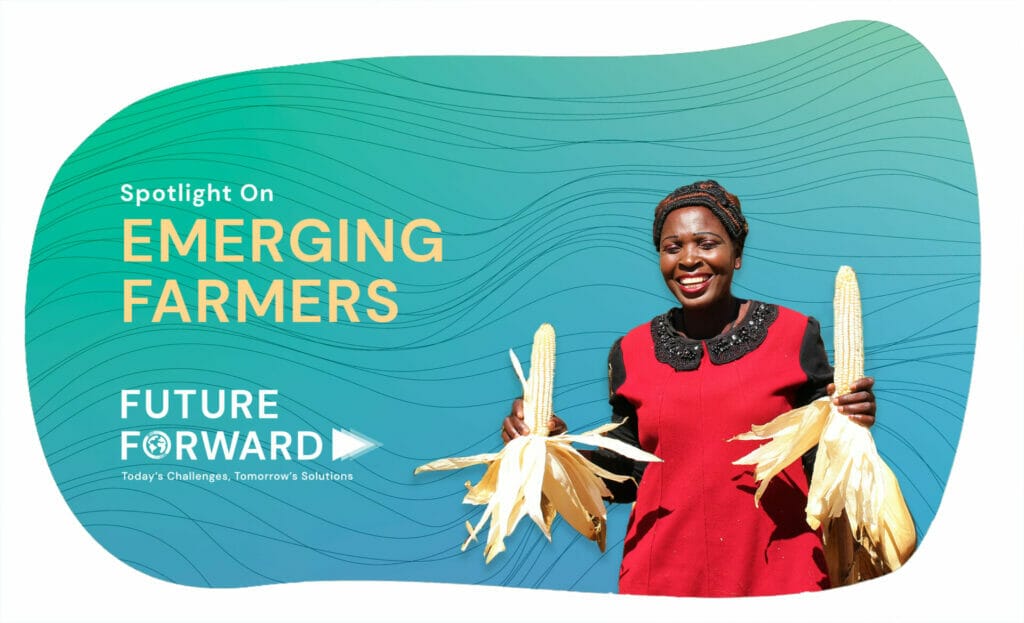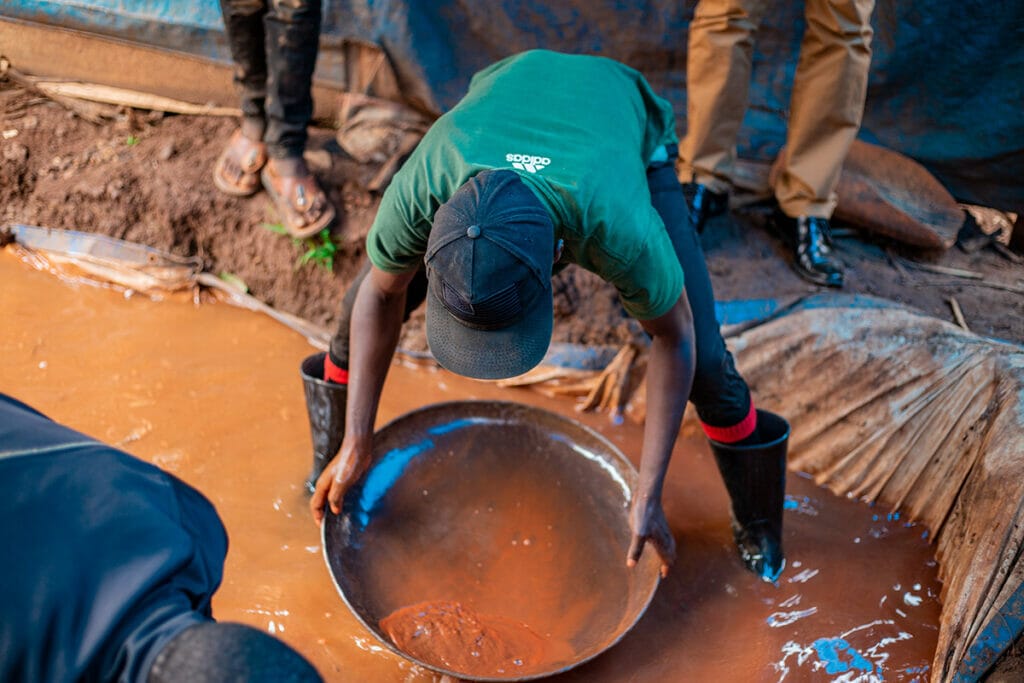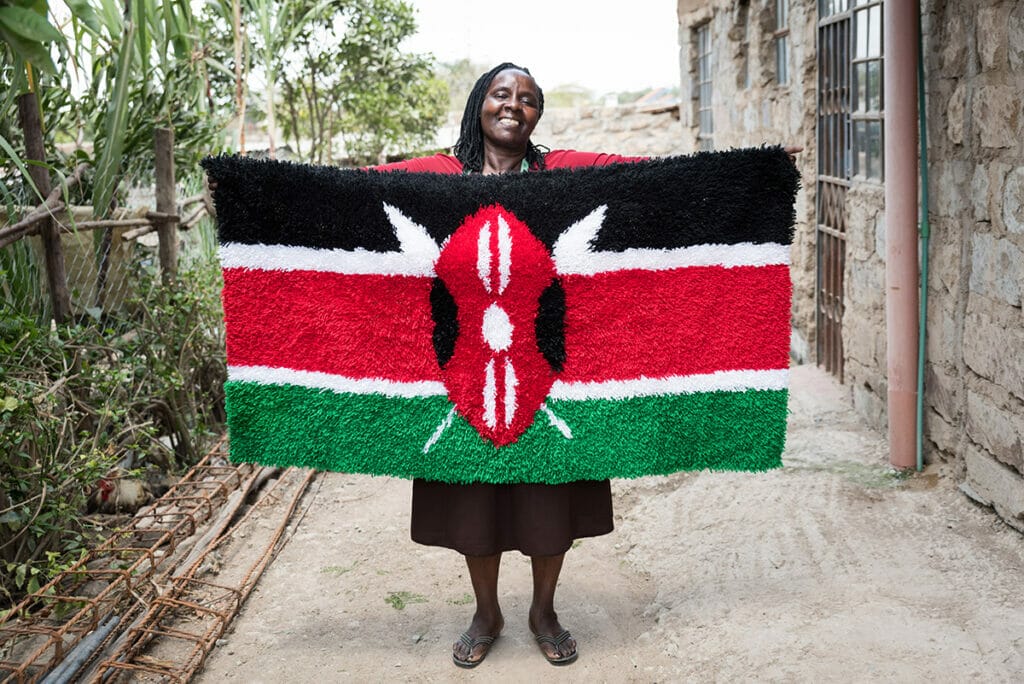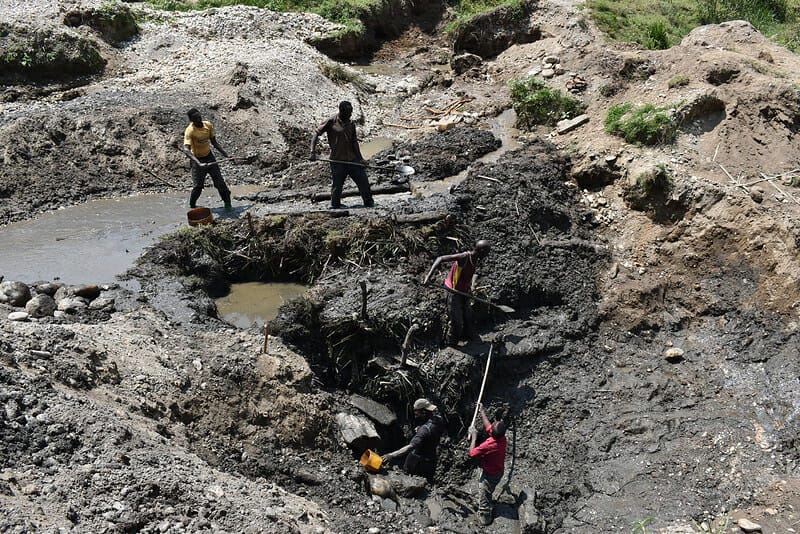USAID CLEAR Program in Kenya Launches a Series of Worker Cooperative Videos
Kenya has a vibrant and dynamic cooperative movement. The worker cooperative model, while new to the Kenyan Cooperative sector, is gaining attention and recognition as a tool for equitable economic development and job creation. In the United States, worker cooperatives have been gaining popularity over the years and their success is making a big impact.…
Read MoreEnding the “Triple Threat” of Early Pregnancies, New HIV Infections and Sexual Violence among Adolescent Girls & Young Women
By Betty Adera A single act of sexual violence against women and girls can result in HIV infections and other sexually transmitted diseases, resulting in shame, fear and trauma. However, for adolescent girls and young women (AGYW), sexual violence can also result in early pregnancy and childbearing, which carries its own stigma. Globally, girls between…
Read MoreSimple Innovation Helps Rural Communities in Ghana Improve Latrine Construction & Sanitation
By Megan Bohan The Ghana Enhancing Water, Sanitation and Hygiene (EN-WASH) Activity aims to increase the use of sustainable, equitable, quality and district-wide WASH services in communities and health care facilities. Funded by the United States Agency for International Development (USAID) and implemented by Global Communities, EN-WASH also addresses the adoption of sustainable WASH practices…
Read MoreStriving to Find and Serve Missing Children in HIV Treatment & Care
By Betty Adera Despite tremendous progress in the fight against HIV and AIDS, outcomes for treatment and care among children remain low. Sadly, disparities in the HIV response continue to result in failure to meet the unique needs of children living with or are at high risk of HIV. At the end of 2019, an…
Read MoreGlobal Communities Tanzania Partners with USDA to Boost Literacy Rates through School Feeding Program
Earlier this month, Global Communities Tanzania launched Pamoja Tuwalishe (Together, Let’s Feed Them), the next phase of its U.S. Department of Agriculture (USDA)-funded McGovern-Dole International Food for Education and Child Nutrition Program. This USDA investment builds on the successful 10-year partnership between the Government of Tanzania, the United States Government and Global Communities. In this…
Read MoreRight to Care: Family-Centered Approaches for Vulnerable Children and Adolescents
By Betty Adera The impact of disasters, complexities of humanitarian crises and ongoing effects of climate change pose major threats to the lives of children. These challenges impact the most vulnerable among us and expose them to health, water and food insecurity; exploitation and sexual violence; deprivation and neglect. Long-standing, systemic human and child rights…
Read MoreProtecting Ghana from the Spread of COVID-19, One Community at a Time
By Emefa Baidoo and Senam Ntow Like many other countries in sub-Saharan Africa, Ghana was not prepared to respond to the COVID-19 pandemic. With a population of more than 31 million people and just one hospital bed per 1,000 individuals, its already overburdened health system and infrastructure nearly shattered. In addition, urban-rural disparities continue for…
Read MoreUsing the New Digital Savings Group Hub to Eliminate Paper, Inspire Savings
Digitization can feel overwhelming — and even risky when considering inherent equity and access issues. Yet, with the right resources, organizations can go paper-free, or at least reduce that paper output, and save money in the process. We chatted with Paulina Rudnicka, Senior Technical Advisor for Gender Integration at Global Communities, about the launch of…
Read MoreWorking to End Period Shame and Poverty in Parts of Africa
Lack of education on menstrual hygiene and health, persisting taboos and stigma, limited access to menstrual products and poor sanitation facilities undermines the educational opportunities, health and overall social status of women and girls around the world. As a result, millions are kept from reaching their full potential. In recognition of Menstrual Hygiene Day, learn…
Read MoreUSAID’s Zahabu Safi (Clean Gold) Project Launches Refiners Community of Practice to Help Set Up Responsible Gold Supply Chain from Eastern DRC
By Rachel Brass – Director, Market Linkages and Investment, USAID’s Zahabu Safi (Clean Gold) Project Gold refiners Heimerle + Meule, IGR, Italpreziosi, L’Orfebre, MKS PAMP, PX Precinox and Rand Refinery have joined a pre-competitive and collaborative group of refiners interested in learning and sharing the realities of sourcing artisanal and small-scale mining (ASM) gold from…
Read MoreBuilding Demand for Responsibly-Sourced Gold from Eastern Congo
Many communities in eastern Democratic Republic of the Congo (DRC) rely on artisanal and small-scale mining as a primary livelihood. While a significant drive of DRC’s economy, it tends to be an informal and risky business that has also been used to fuel conflict. As a key source of income for armed groups and criminal…
Read MoreAddressing Housing Challenges through Cooperatives
By Ashley Holst One of the global victims of rising inequality and climate change is access to decent housing. Housing costs are increasing, while the supply is waning. In many countries, including Kenya, where the USAID Cooperative Development Program – Cooperative Leadership Engagement Advocacy and Research (CLEAR), is being implemented by Global Communities, land affordability…
Read MoreConfronting Climate Change with Bold, Community-Based Actions
By Tanner Roark Climate change is here. It can be seen in every corner of the world, from heatwaves in India and winter storms in Texas to hurricanes in Guatemala and drought in Madagascar. Climate change is cruel. It spares no people or place, and its slow creep of destruction results in the loss of…
Read MoreIncreasing the Climate Resilience and Productivity of Emerging Farmers in Zambia
In Zambia, agriculture is a key employment sector and one that is essential to local food security. However, emerging farmers are facing many challenges, including fall armyworm threatening their fields, climate variabilities and poor agricultural productivity. Global Communities, Corteva Agriscience, John Deere and the U.S. Agency for International Development (USAID) partnered in 2020 with the…
Read MoreLocal Solution to Improved Transparency in Responsible Minerals Trade in Congo’s Ituri Province
How USAID’s Zahabu Safi (Clean Gold) Project is strengthening local civil society to carry out due diligence through a new information management platform By Kevin Eze Patrick, Guy and Yves* are lawyers from the city of Bunia in the Ituri province of the Democratic Republic of the Congo (DRC) who work for Justice Plus, a…
Read MoreLessons from Kenya on Empowering Women in Housing Cooperatives
By Fredrick Nyagah and Tindi Sitati According to data from the International Cooperative Research Group, women represent only 30 percent of cooperative membership in Kenya. This under-representation extends to the leadership level and to the number of staff employed by cooperatives as well. At the same time, as the number of cooperatives increases nationwide, women’s…
Read MoreThe Role of WASH in Sustaining Maternal Health During Delivery: Reflections from Global Communities WASH for Health Program, Ghana
Water, sanitation and hygiene (WASH) play a foundational role in improving maternal health outcomes during pregnancy, delivery and postpartum.
Read MoreUSAID’s Zahabu Safi (Clean Gold) Project Facilitates Landmark Agreement in Congo’s Ituri Province
By Kevin Eze The banks of the Ituri River are teeming with men and women searching for gold. For many of these individuals, artisanal mining is inherent, a livelihood passed down from generation to generation. For Aristote*, who has limited education and qualifications, it is a means of survival. Gold has been mined in the…
Read More
